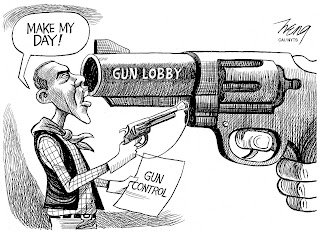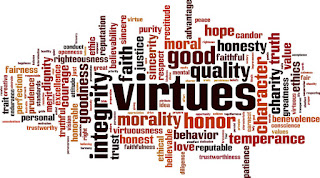A634.9.4.RB- A Reflection of Our Learning

Select three key lessons you take away from the course. Probably the most important aspects that I take away from this class were through the shared experiences. Ethics can be confusing at times but yet is also fabricated out of every facet of human interaction. Throughout this class I’ve learned that people need to be more self-aware of their actions in order to honor both morality and ethics. The numerous dilemmas presented in this course allowed for a careful dissection and fullest understanding of many different perceptions. If we understand better then we can act better. Critical thinking is not the ability to have creative thought for which most people think, but rather it’s a perceptual understanding that respects all facets that affect the sender. Share if your perception of ethics has changed. For me personally I came into this class with the perception of ethics being how actions are viewed externally. I still stand firm on these beliefs but now have a better percepti...





